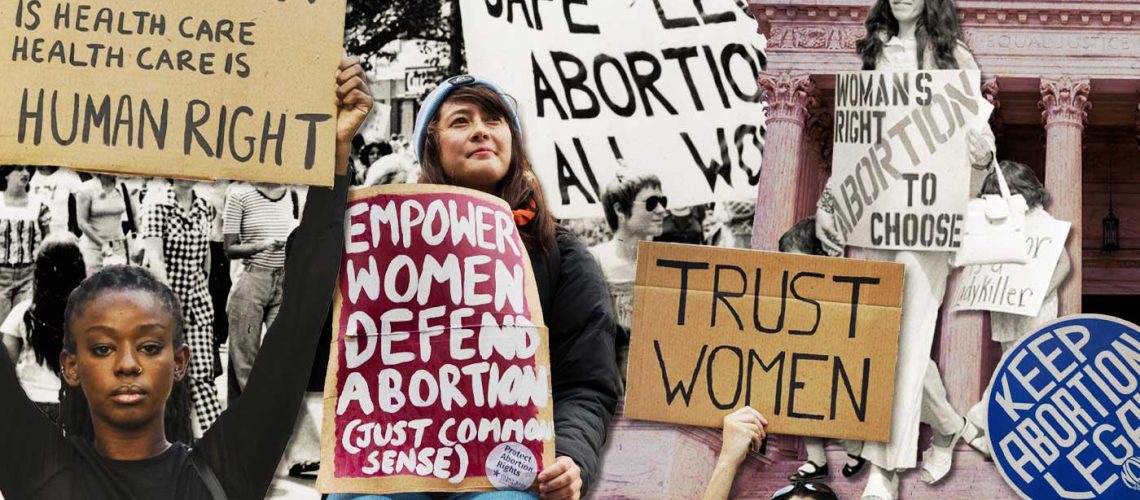Introduction
The question of whether women should be prosecuted for accessing an abortion is a complex and sensitive issue that evokes strong opinions from different perspectives. As we delve into this topic, it is crucial to consider the principles of “pro choice,” “pro women,” and “pro children,” which advocate for respecting and supporting women’s reproductive choices. Michael Lee, in his influential book ‘The Abortion Bible,’ emphasizes the importance of appreciating women’s decisions in all situations, including matters of abortion. This article explores the arguments surrounding the prosecution of women who seek abortion and advocates for a compassionate and understanding approach that values women’s autonomy and reproductive rights.
Women’s Reproductive Autonomy: The Core of Pro-Choice Advocacy
At the heart of the pro-choice movement lies the recognition of women’s reproductive autonomy. Advocates argue that women should have the right to make informed decisions about their bodies and pregnancies. Prosecuting women for accessing an abortion could undermine this fundamental principle, potentially leading to a reduction in healthcare access and endangering women’s well-being.
Addressing Root Causes: Focusing on Supportive Solutions
Rather than resorting to prosecution, addressing the root causes of abortion can lead to more constructive and compassionate outcomes. Comprehensive sex education, access to contraception, and affordable healthcare can help reduce unintended pregnancies. By supporting women with resources and information, we can empower them to make responsible choices regarding their reproductive health.
Legal and Ethical Implications: Balancing Women’s Rights and Fetal Considerations
The issue of prosecuting women for accessing an abortion raises complex legal and ethical questions. Balancing women’s rights and the potential rights of the fetus is a delicate task. Some argue that punishing women for seeking abortions could lead to a disproportionate burden on vulnerable populations, impacting marginalized communities disproportionately.
Focus on Providers and Access: Prioritizing Reproductive Healthcare
Instead of prosecuting women, directing attention towards healthcare providers ensures that safe and legal abortion services are available to those who need them. Strengthening access to reproductive healthcare and supporting providers with proper training can safeguard women’s health and well-being.
The Global Context: Learning from Different Approaches
Looking at abortion laws worldwide can provide valuable insights into the impact of various approaches. Nations with less restrictive abortion laws tend to have lower rates of unsafe abortions and associated health risks. Exploring different models can help inform more balanced and compassionate policies.
Conclusion
The question of whether women should be prosecuted for accessing an abortion raises complex ethical, legal, and societal considerations. Embracing the principles of “pro choice,” “pro women,” and “pro children” involves respecting women’s reproductive autonomy and supporting their choices. Focusing on comprehensive sex education, access to contraception, and affordable healthcare can help address the root causes of abortion and reduce unintended pregnancies. Instead of prosecuting women, a focus on healthcare providers and access to safe abortion services can safeguard women’s health and well-being. As we navigate this complex issue, it is essential to prioritize compassion, understanding, and the recognition of women’s autonomy in making decisions about their reproductive health.

